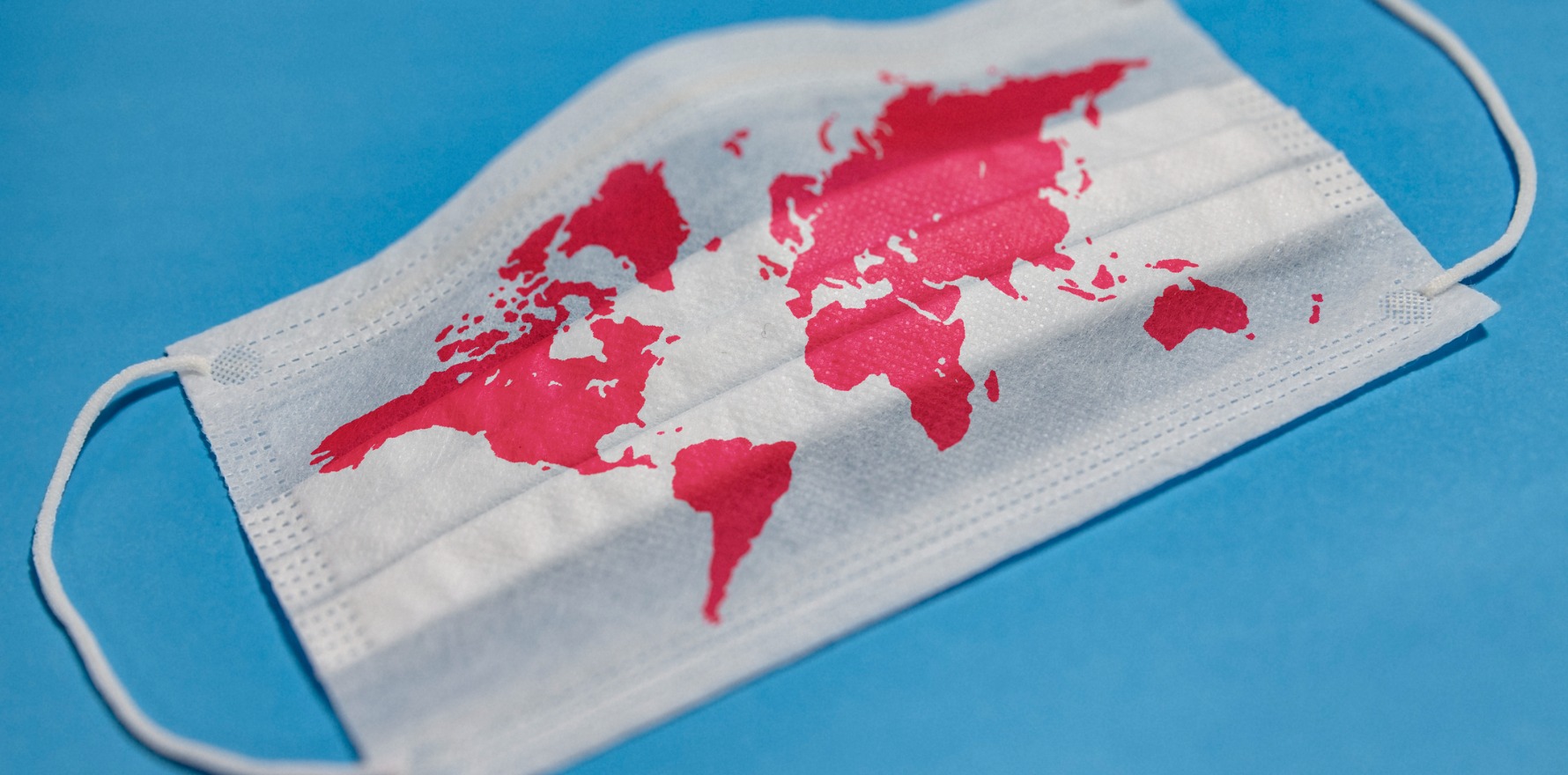As climate change raises the burden of disease, healthcare must not only advocate but lessen our contribution to the damage.
Tackling climate change was a loosely discussed concept when I began my medical career 20 years ago, back in the UK.
Now residing in Australia, I have experienced one of the hottest years on record in late 2019, since national records began. With tough water restrictions, living conditions became increasingly challenging.
Some may recall, in the distant pre-covid past, the bushfires that ravaged many parts of the country in the same year.
The catastrophic effects of climate change have become self-evident and undeniable over the past few decades – and the latest IPCC report, just released, is unforgiving in its message.
Prolonged fire seasons, unforgiving droughts, rising sea levels through glacial retreat, and changing precipitation patterns are just some of the events connected with climate change that will have direct and indirect effects on health and wellbeing of our patients and communities.
And the more intense and prolonged they become, the more they will harm our physical, mental, and spiritual wellbeing.
After all, as humans, we are only as healthy as our habitat.
Temperature extremes, as just one example, are known to increase morbidity and mortality for all complex cardiovascular and respiratory diseases.
The indirect impacts are often mediated by the disruption of ecosystems, affecting the quality and quantity of the water and food we consume. This will only further contribute to the burden of disease.
But while we continue to advocate for and treat patients in an increasingly hostile environment, we must acknowledge the polluting impacts of healthcare on that environment, too.
What is our role?
As we endeavour to curtail our greenhouse gas and CO2 emissions by half in 2030 and limit a global 1.5oC temperature rise as pledged in December 2015 as part of the Paris Agreement, I believe health sectors in more developed countries may have a pivotal role to play without compromising patient care.
Doctors should be at the forefront in advocating and acknowledging that climate change is a real problem.
Personally, I can admit to having never taken climate change so seriously until the last few years. I remained in denial to an extent, believing the issue was somebody else’s concern.
I now stand corrected, as this critical global issue has now been extensively publicised and can no longer be ignored.
The pandemic response is a prime example of how differing, often conflicting systems can gather the necessary information and work cohesively and in some unity to respond to a global emergency.
When the problem was initially recognised, pro-active healthcare sectors worldwide swiftly partnered with their outside agencies and accelerated into damage-control mode.
Suddenly, the world was racing to find therapies and vaccines, and within a year, several vaccines had passed phase 3 trials and were being put in arms. No one would argue that the delivery of vaccines has been perfect, but large proportions of at least some populations have been immunised against a virus we first heard of 18 months ago.
Why can we not apply the same dedication and momentum in reducing our carbon footprints all over the planet?
Governments are slow to move and individuals may have little impact, but we can at least all ensure our organisations have a view to mitigating their effects on the environment.
In my workplace, I see subtle but encouraging changes.
Hospital grounds are slowly being put to use for tree and plant regeneration. Computers have power-saving modes. Blinding fluorescent lights in workspaces and operating theatres are gradually being replaced by more energy-efficient LED types.
And after years of working in hospitals, I see recycle bins and keep cups have finally crept their way into all tearooms of nearly every healthcare facility I have worked in.
But then – the pandemic
Climate change strikes at the core of health systems whose ultimate mission is to “cure sometimes, relieve often and comfort always”, to quote the famous American physician, Dr. Edward Trudeau, who pioneered the treatment for tuberculosis.
Having worked as a clinician in emergency medicine, I have found that the pandemic has brought a fresh set of daily challenges.
Though the work is rewarding, I have often driven home after a busy shift, conscious of the enormous amounts of PPE I have managed to dispose of during a single 10-hour shift.
I have felt quite guilty on occasions. Why?
We are solving complex clinical problems on one level when treating these patients.
However, I feel we are simultaneously creating another one at the expense of wider communities.
I yearn for the day when I can arrive on shift at a hospital driven by wind, solar, wave or other renewable energy and wear PPE that comes in a purely biodegradable or otherwise less-polluting form to preserve our environment.
Idealistic though it may sound, I continue to live in hope and remain positive that the message will sink in before it is too late, and that health will continue to work in alliance with respective governments in building a climate-resilient and carbon-zero future.
Dr Paul Labana is an emergency medicine specialist


